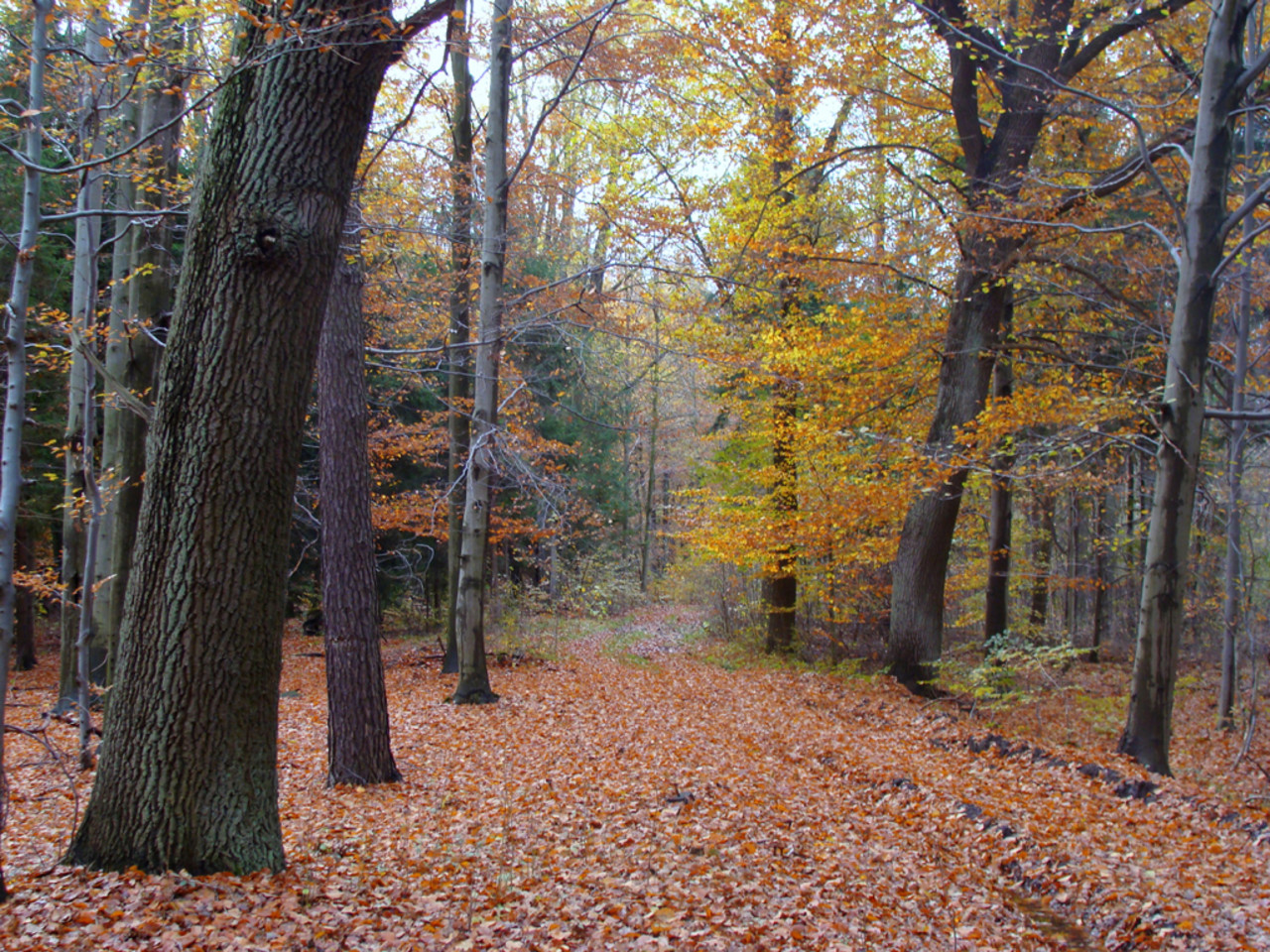Wine Tasting
Do you drink all of the wine at a wine tasting?
At a wine tasting, the goal is to experience a variety of wines quite than to consume large quantities.
Understanding Wine Tastings
Typically, individuals pattern small pours from every wine, allowing for a comparability of flavors, aromas, and textures.
Spitting vs. Swallowing
Many seasoned tasters choose to spit the wine after taking a sip. This follow helps them to maintain their palate and avoid intoxication whereas still enjoying the tasting experience.
Enjoying the Experience
Ultimately, it’s about savoring the moment and discovering new favorites quite than drinking every drop. So, no, you don't drink all the wine at a wine tasting!
Do you truly drink the wine at a wine tasting?
Yes, at a wine tasting, individuals usually drink the wine. The expertise lets you discover various flavors and aromas, serving to to establish totally different characteristics of every wine.
However, not everybody finishes each sample. Some tasters prefer to spit out the wine after tasting it to avoid becoming inebriated, especially when sampling many different wines in one session. This method allows for a extra focused tasting expertise with out the consequences of alcohol affecting one's palate.

Ultimately, whether to drink or spit is determined by personal preference and the format of the tasting.
Why is wine tasting so difficult?
Wine tasting is commonly perceived as a difficult endeavor for a number of causes:
- Sensory Overload: The complexity of wine comes from its numerous aromas and flavors, 알밤 which can be overwhelming for novices. Each wine can have numerous notes, ranging from fruity to earthy.
- Vocabulary Barrier: Wine tasting includes a particular lexicon that can be intimidating. Terms like "tannins," "body," and "finish" require some familiarity to accurately describe what one is experiencing.
- Variability: Wines can differ significantly due to factors like grape selection, local weather, and winemaking strategies. This variability can make comparisons tough and result in subjective interpretations.
- Personal Preference: Individual palates are distinctive, that means what one particular person enjoys may not attraction to a different. This subjectivity can complicate the tasting course of.
- Environmental Influences: The setting in which wine is tasted, together with mood, firm, and even food pairings, can have an effect on one’s notion of flavors.
In conclusion, while wine tasting may be troublesome, it's also a rewarding experience that could be enhanced with apply and schooling.